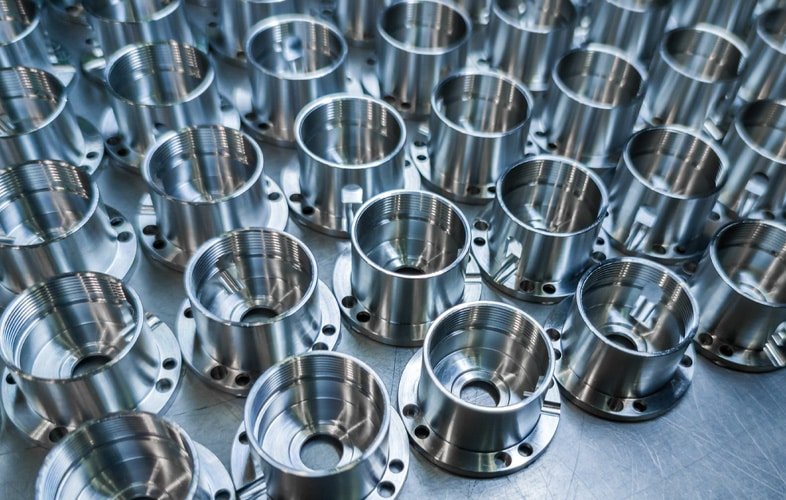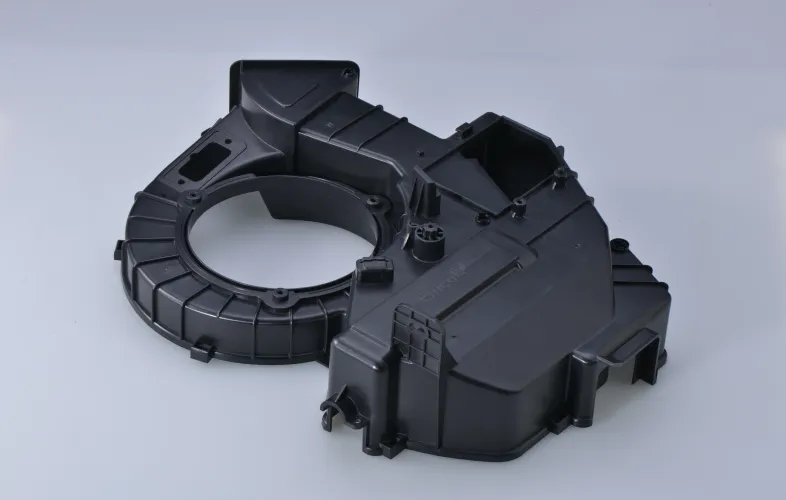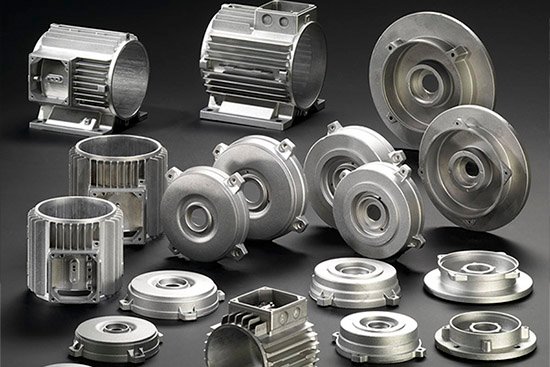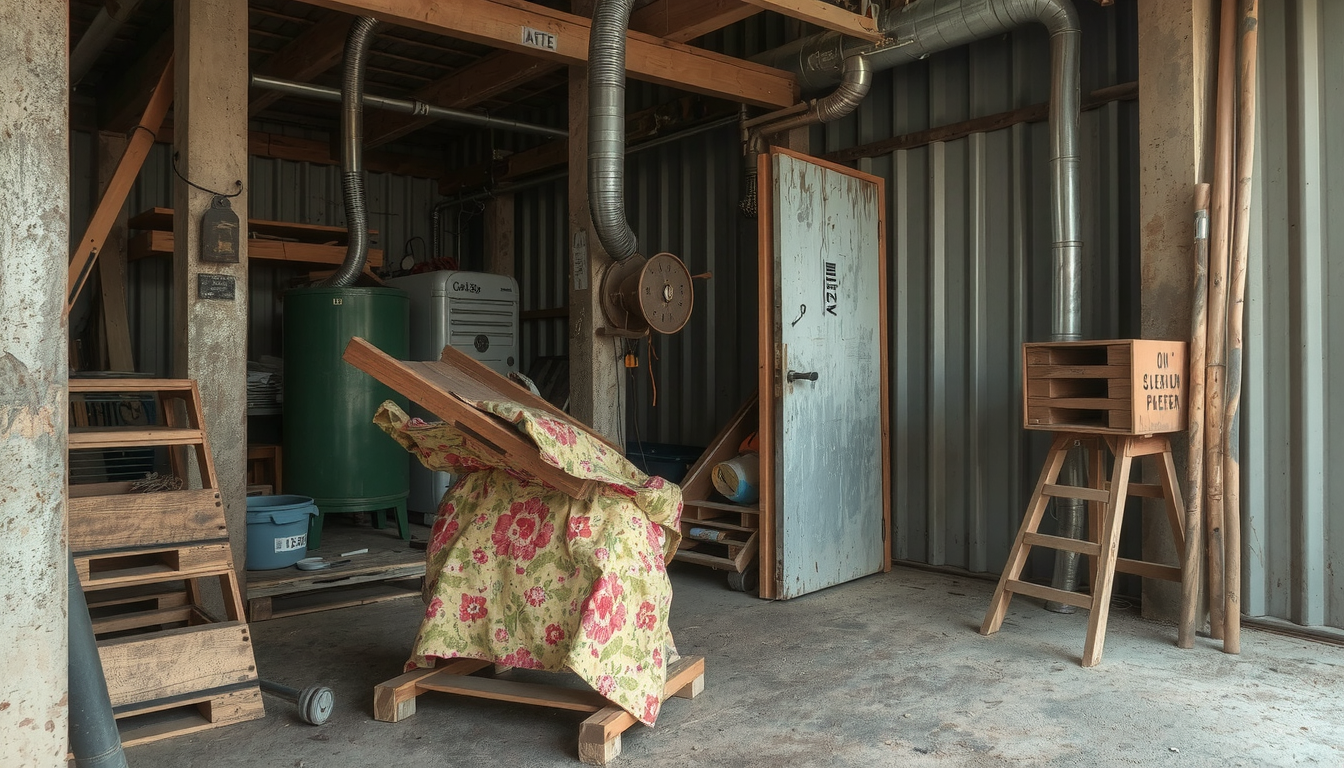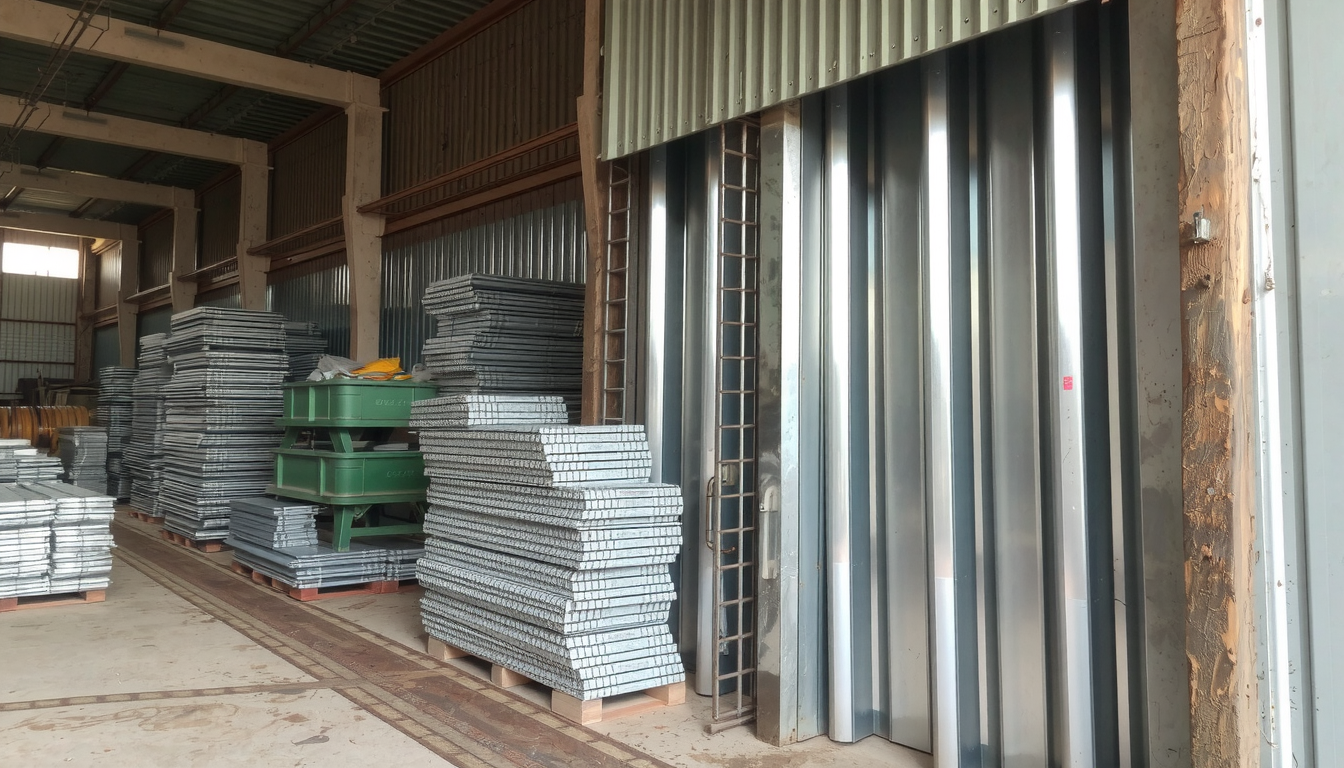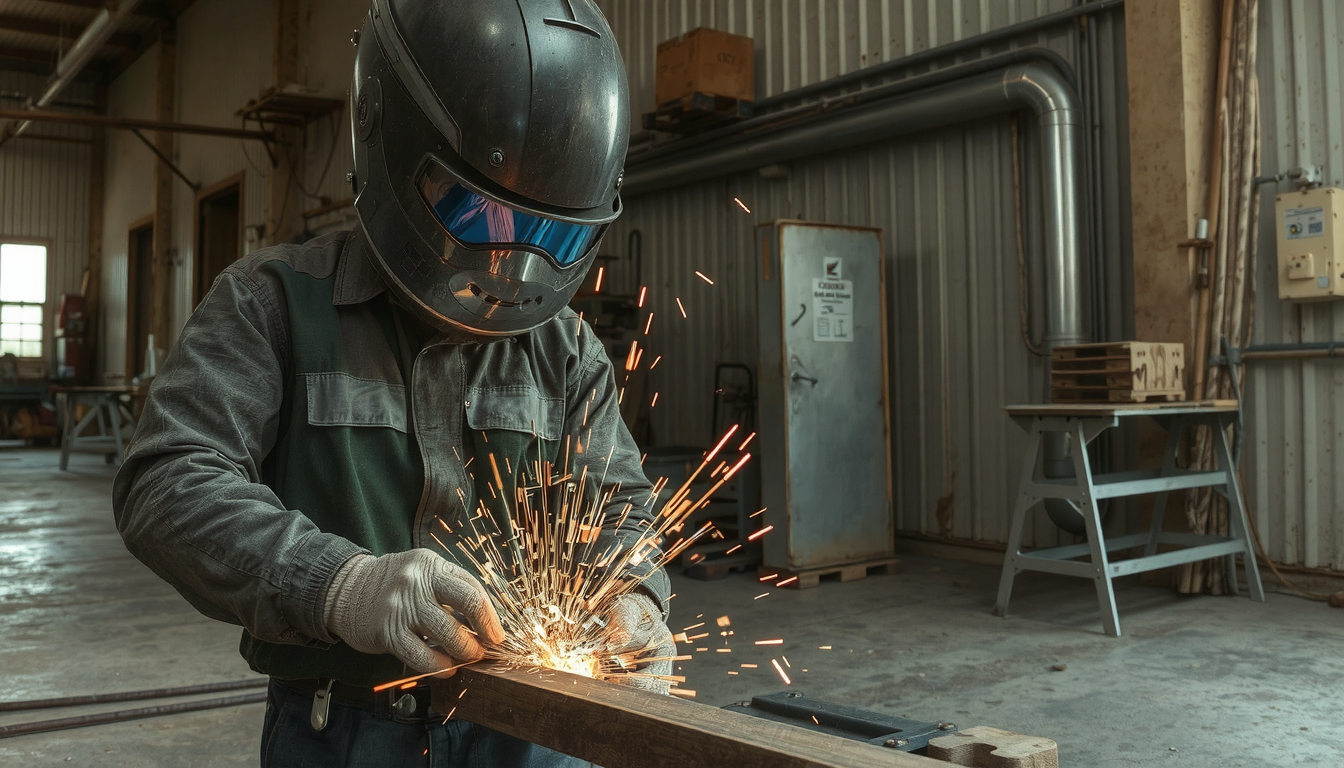CNC Machining Service Provider With 21 Years of Experience
From Prototype To Product Services
Here at our facility, we offer a wide range of production capabilities that cover both plastic and metal materials. Whether you require simple or complex shapes, prototypes, or mass production, we have the expertise to provide you with the best solution.

CNC Machining
Discover top-notch CNC machining services tailored to your specific needs, ensuring precision, efficiency, and quality results for your projects.
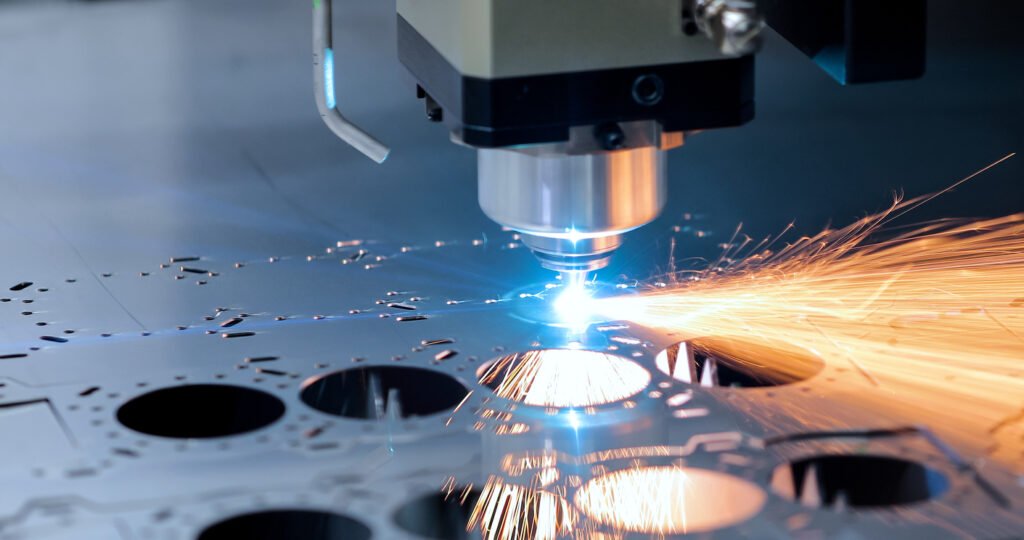
Sheet Metal Fabrication
Achieve seamless integration of functionality and aesthetics with our sheet metal fabrication services, allowing you to create custom, durable, and precise metal components for your projects.

Tooling & Molding
Maximize your manufacturing potential with our exceptional injection molding services, delivering precise, durable, and cost-effective solutions tailored to your specific requirements.
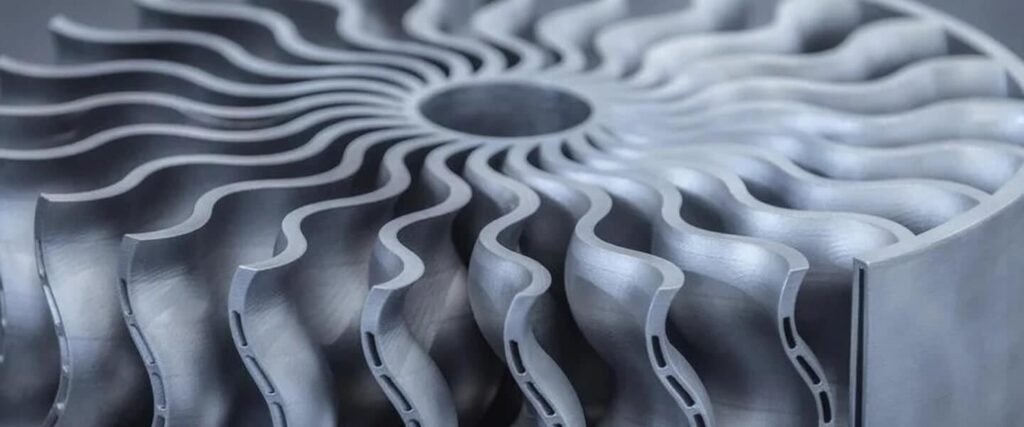
3D Printing
Experience the cutting-edge world of 3D printing with our exceptional services, allowing you to bring your ideas to life with precision and creativity.
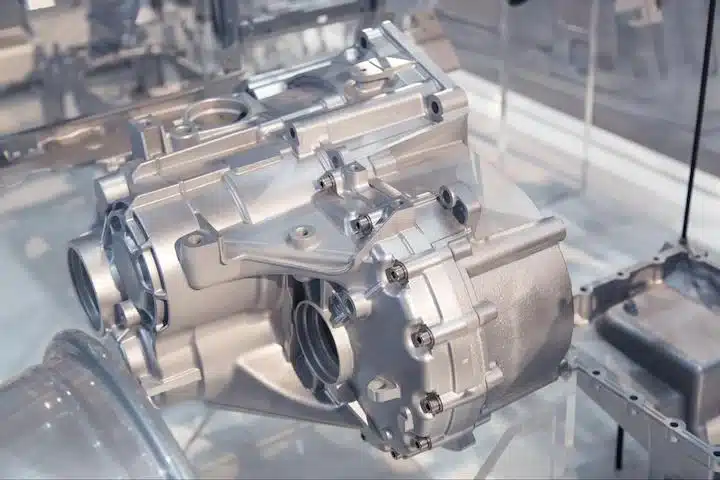
Die Casting
Elevate your manufacturing capabilities with our die casting services, providing you with high-quality, intricate, and efficient metal components for your projects.
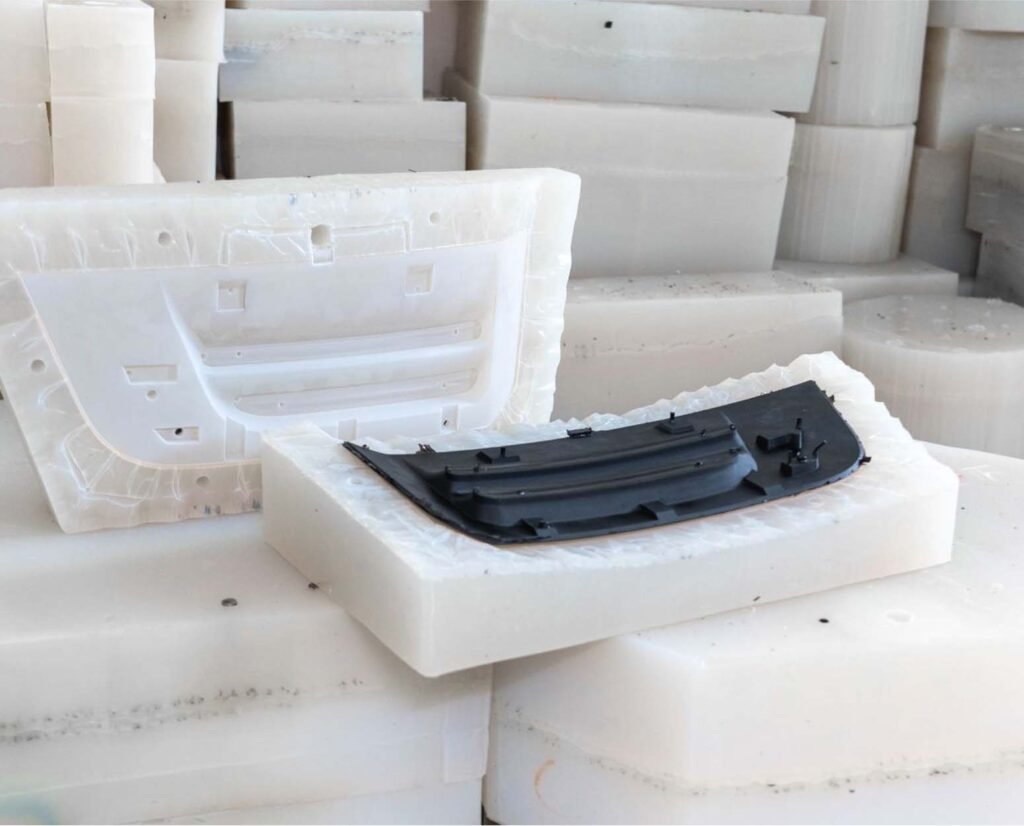
Vacuum Casting
Unlock the potential of vacuum casting for your production needs, enabling you to obtain high-quality, detailed, and replicated parts with precision and efficiency.
1600+ Materials Can Be Freely Selected
No matter plastic or metal, at Mekalite, You Can Choose Freely For Your Unique Request
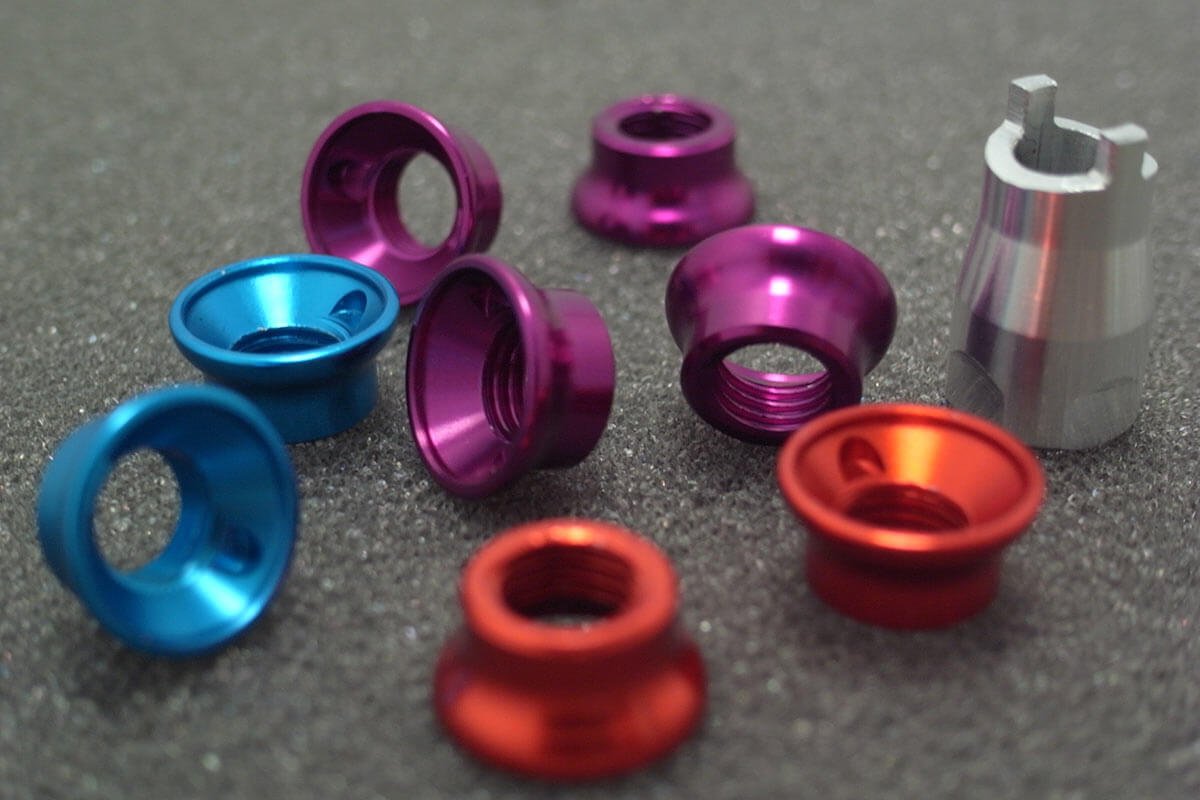
Mekalite
Surface Treatment and Post-Processing Options
To enhance the durability, appearance, and functionality of our die-cast and machined products, we offer a wide range of surface treatment and post-processing options, including:
- Anodizing
- Beod Blasting
- Block 0xide
- DLC Cooting
- Electropolishing
- Heot Treotment
- Nickel Ploting
- Powder Coating
- PV0 Cooting
- Zinc Ploting

High Precision
Our advanced technology ensures tight tolerances and accurate dimensions for every product.

Customization
We tailor solutions to meet specific client needs, offering flexibility in design and materials.

Quality Assurance
We implement strict quality control measures to guarantee the reliability and durability of our products.

Timely Delivery
Our efficient production processes enable us to meet deadlines and deliver products on time.
Our happy clients say about us

More Technology Sharing
Where to Get Sheet Metal: The Ultimate Guide for DIY & Pro Projects
Are you trying to find sheet metal for your next project? You’ve reached the right site. The short answer is…
Where to Buy Galvanized Sheet Metal? A Beginner’s Guide
When you are searching for where to buy galvanized sheet metal, it is the first stop of many initiatives. It…
Complete Guide on Sheet Metal Work: Processes, Applications, and More
So what is sheet metal work? It’s a process of making products directly from flat pieces of metal. Workers take…
Where to Get Sheet Metal: The Ultimate Guide for DIY & Pro Projects
Are you trying to find sheet metal for your next project? You’ve reached the right site. The short answer is…
Where to Buy Galvanized Sheet Metal? A Beginner’s Guide
When you are searching for where to buy galvanized sheet metal, it is the first stop of many initiatives. It…

Partner with Mekalite for a Seamless and Enjoyable Collaboration
Experience a smooth and efficient partnership with Mekalite, where we provide precise manufacturing solutions tailored to your needs. Join our satisfied clients and let’s create success together.


